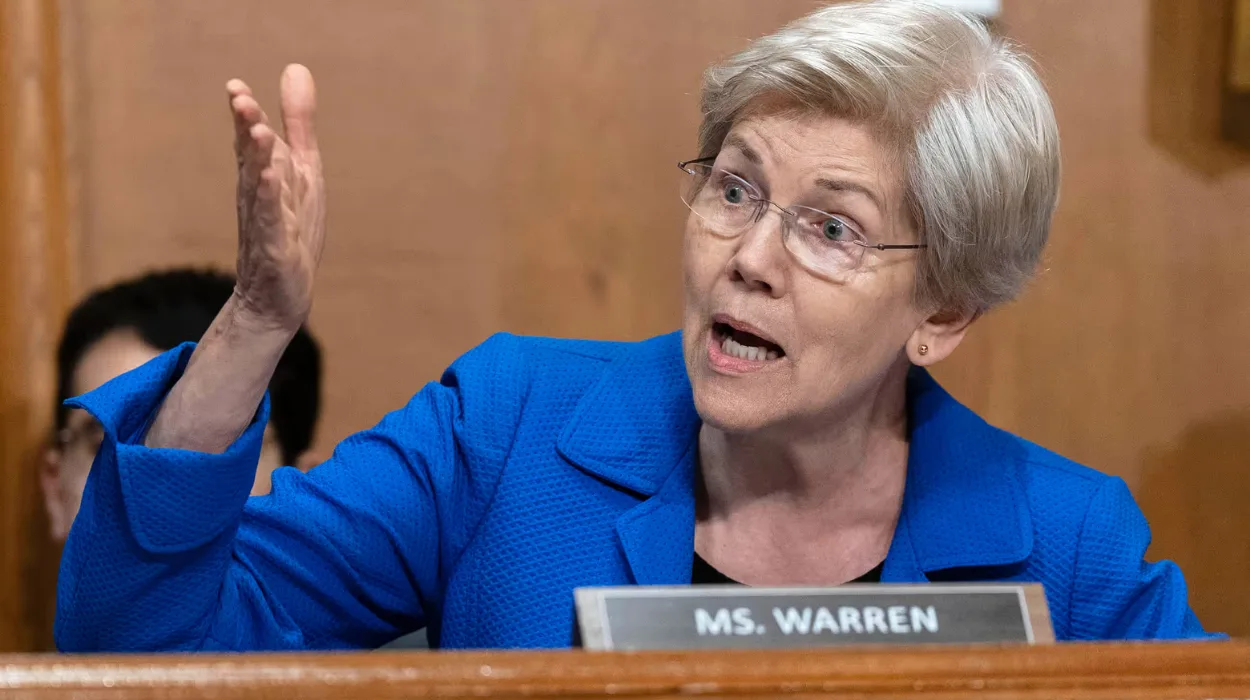Two energy corporations are being questioned by Democratic senators, led by Senator Elizabeth Warren of Massachusetts, about their attempts to “win a $1.1 billion tax loophole” in Donald Trump’s alleged “big, beautiful bill.”
The proposed exception would shield fossil fuel firms from paying a tax imposed by Biden in 2022. Senate Republicans included the provision in their version of the reconciliation mega-bill last month.
How would CAMT changes benefit big oil companies?
The corporate alternative minimum tax (CAMT), which is enshrined in the Inflation Reduction Act, mandates that companies with adjusted earnings above $1 billion pay taxes equal to at least 15% of the profits they disclose to their shareholders, also referred to as “book profits.” By enabling businesses to deduct certain drilling expenses from their revenue, the Senate Finance Committee’s proposal would protect domestic drillers from that tax and enable some businesses to pay no federal taxes at all.
Fossil fuel interests have made winning the tax change a top goal this year. According to federal records, the modification was actively campaigned for by the oil giant ConocoPhillips and the Denver-based petroleum business Ovintiv.
Warren, Senator Sheldon Whitehouse of Rhode Island, Senator Ron Wyden of Oregon, and Senate Minority Leader Chuck Schumer wrote to ConocoPhillips and Ovintiv on Thursday morning, demanding explanations regarding their involvement in the CAMT alteration.
According to the letters, which are sent to Brendan McCracken, CEO of Ovintiv, and Ryan Lance, CEO of ConocoPhillips, both businesses might “benefit tremendously from this provision.”
What fossil fuel tax loophole is being proposed?
The senators requested responses by July 9th on how much each company has spent and plans to spend this year on lobbying for the provision, how much each has contributed to elected officials who support tax cuts on fossil fuels, and how much tax reduction each company would experience if the provision is finalised.
How would CAMT changes benefit big oil companies?
The signatories added,
“The justification for CAMT was straightforward: for far too long, large corporations had exploited tax code loopholes to evade paying their fair share, sometimes paying zero federal taxes despite making billions in profits.”
According to the letter, the proposed modification is quite similar to a plan that Oklahoma Senator James Lankford submitted this year that would allow businesses to deduct “intangible drilling and development costs” from their CAMT revenue calculations.
What is the role of Senator Lankford in this?
From 2019 to 2024, Lankford’s primary industrial fundraising source was the fossil fuel business, which donated close to $500,000 to him. According to one analysis on the Lankford plan, deductions for intangible drilling costs—which relate to expenses incurred prior to drilling, such as personnel and equipment—have been in place since 1913, making them the oldest and largest fossil fuel subsidy in the United States.
According to the letters,
“Big Oil now wants this deduction to apply not only for their taxable income but also for book income purposes.”
In other words, if passed, this clause would lower or possibly completely remove oil and gas corporations’ tax obligations under CAMT, enabling them to pay no federal income taxes at all.





